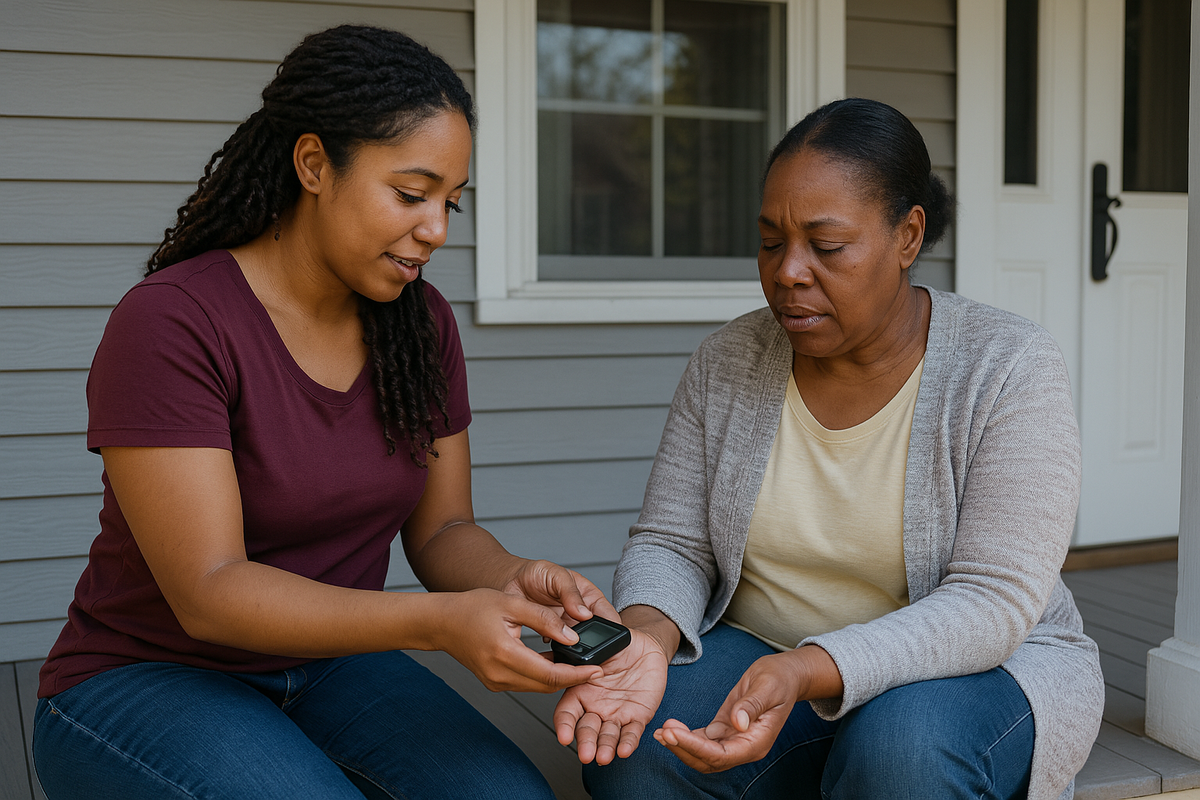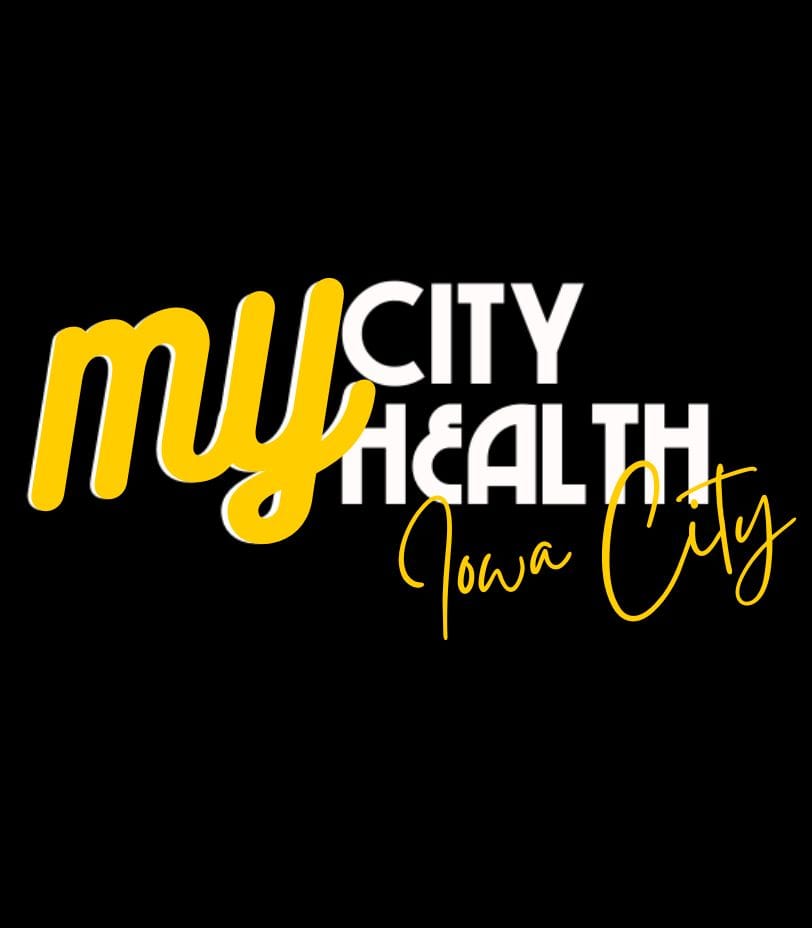Community Health Workers Are Flipping the Script on Healthcare.

Black and Brown communities are more likely to suffer from chronic diseases—and less likely to trust the system built to help them.
Let that sink in.
It’s not because folks don’t care about their health. It’s because the system wasn’t built with them in mind. That’s where Community Health Workers (CHWs) step in—and shake things up.
So, what’s the deal with Community Health Workers?
They’re not doctors. They’re not nurses. But they might be the most important people in healthcare today.
In a recent episode of The Healthy Project Podcast, Corey Dion Lewis sat down with Brian Foster, a diabetes educator who’s lived with Type 1 diabetes since he was 7. Their conversation hit on something powerful: Community Health Workers bridge the gap between the people and the system.
And let’s be real—there’s a gap. A big one.
Health is a Community Effort! Join us for an impactful day for My City My Health Iowa City, 4/18 at the Iowa Memorial Union.
Brian’s been in both worlds. He’s lived the patient experience. He’s built training programs for CHWs through the American Diabetes Association. And he’s seen firsthand what happens when trust is missing from the room.
"You don’t have to be a medical professional to bring about medical good."
— Brian Foster
Let that quote ride. Because it says everything.

Why This Matters: The System Isn’t Built for Us
Let’s call it what it is:
Too many of our people avoid care not because they don’t want help—but because they don’t feel seen, heard, or understood.
A doctor might prescribe the right meds, but if:
- the pharmacy is 2 bus rides away,
- the cost is too high,
- the side effects are too real,
...that prescription might never get filled.
Now imagine someone from your block.
Someone who knows your struggle.
They check in with you. They ask questions your doctor never had time to.
They don’t come in with a clipboard and an attitude. They come with understanding. That’s a Community Health Worker.
Cultural Context: Trust Is the Real Medicine
Let’s talk trust—because that’s the currency CHWs deal in.
In our communities, trust isn’t given—it’s earned. Historically, the healthcare system has failed us. From the Tuskegee experiments to present-day racial bias in pain management, the receipts are long.
But here’s what’s changing:
CHWs are from the same neighborhoods. They speak the same language. They share the same culture. That’s where the healing begins.
Sound familiar? It should.
It’s the same model hip-hop was built on: "By the people, for the people."
Just like public health should be.
What You Can Do With This Info
Whether you’re a clinician, a nonprofit leader, or a concerned neighbor—this isn’t just interesting. It’s actionable.
Here’s how you can plug in:
- If you work in healthcare:
Stop treating CHWs like “nice-to-haves.” Invest in them. Give them a seat at the table. Fund their roles. Advocate for their reimbursement. - If you’re a community member:
Want to become a CHW? Look into the National Association of Community Health Workers or the American Public Health Association to get started. - If you lead a community org:
Partner with CHWs. Build programs that don’t just educate—but empower. - If you're feeling this:
Share this article. Please forward it to your friends and family. Bring it up at your next meeting. The more people know the more power we have.
Final Word
This isn’t about titles. It’s about impact.
CHWs are redefining what care looks like—making it local, personal, and real.
So here’s the question:
Are you ready to be part of the change? Or are you still waiting on a system that’s been slow to show up?
Let’s build something better—together.
Keep the conversation going.
Drop a comment. Share your story.
And subscribe to The Healthy Project for bold, community-driven takes on public health.

